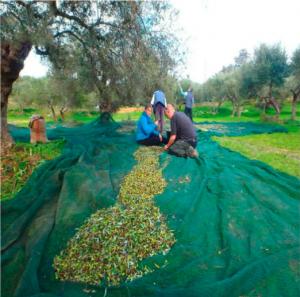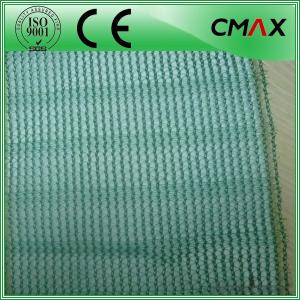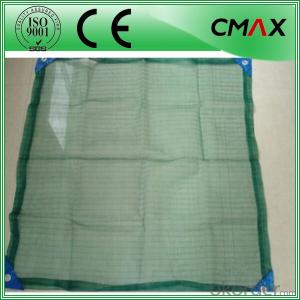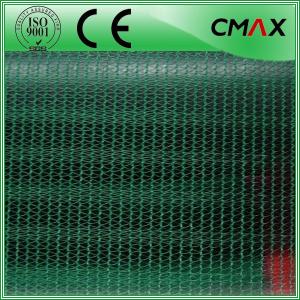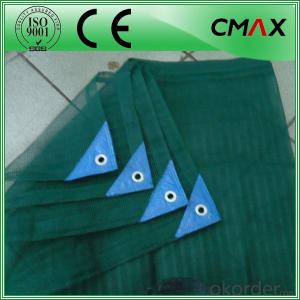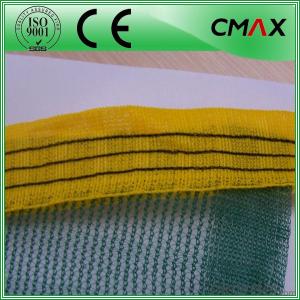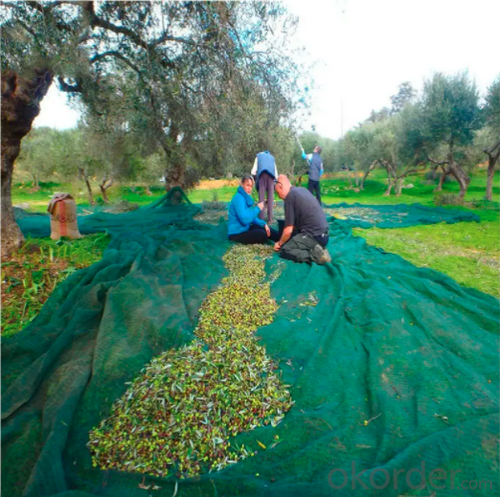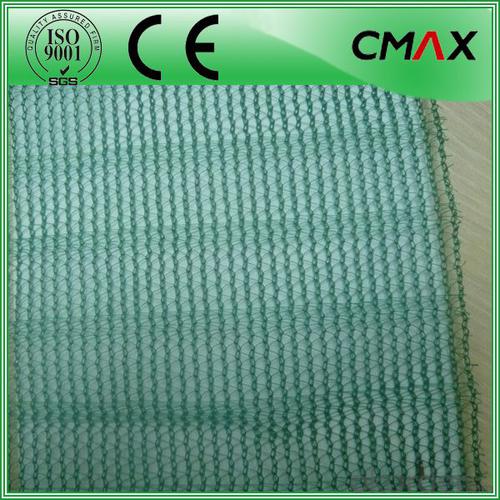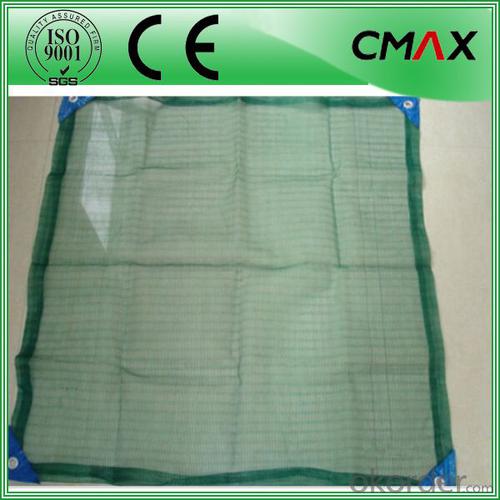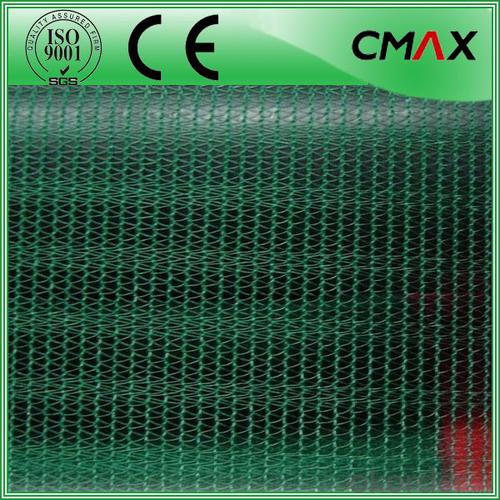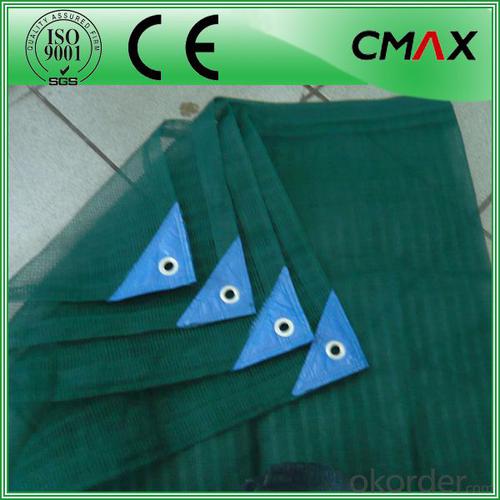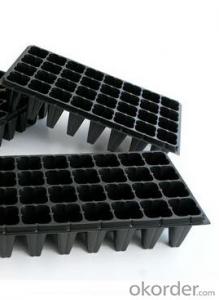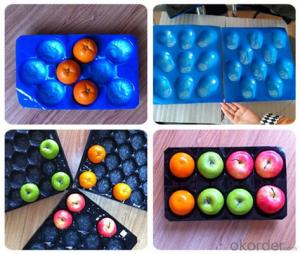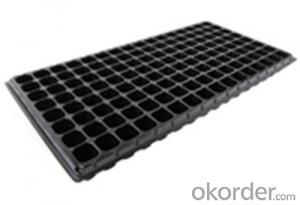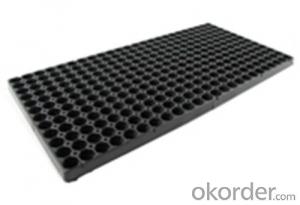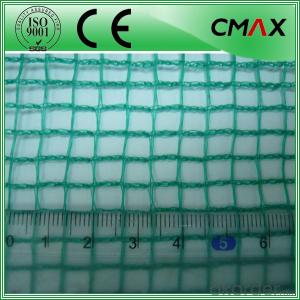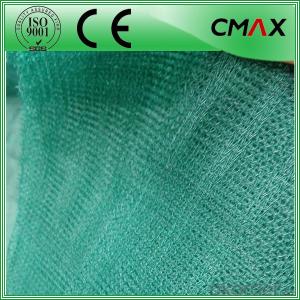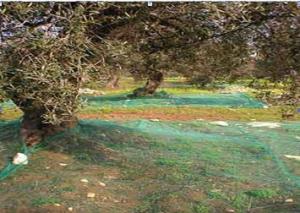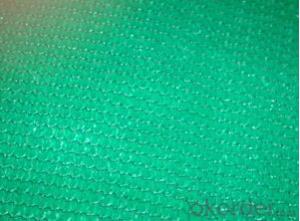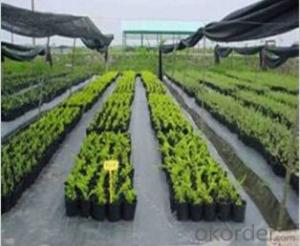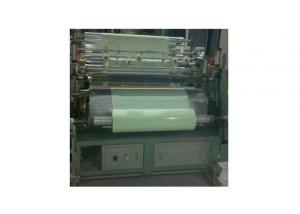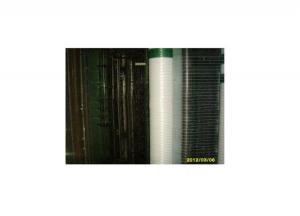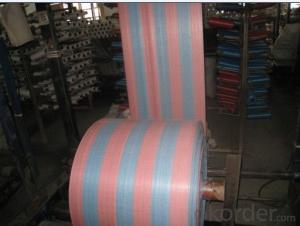Agriculture HDPE Plastic Olive Tree Harvest Net
- Loading Port:
- Wenzhou
- Payment Terms:
- TT OR LC
- Min Order Qty:
- 300 m²
- Supply Capability:
- 1000000 m²/month
OKorder Service Pledge
OKorder Financial Service
You Might Also Like
Agriculture HDPE Plastic Olive Tree Harvest Net
Production Description:
These nets are entirely made of UV stabilised polyethylene monofilament. The nets available have various kind of meshes in order to optimise the different harvesting methods of olives and fruits. Every net is suitable for a different application such as natural falling harvesting, hand harvesting or mechanised harvesting. The nets are available in different weights and colours and can be supplied in rolls or in sheets already stitched together with or without central vent.Olive collection net are used not only for the olive harvest, but also to gather chestnuts, nuts and deciduous fruits in general.
Produced with HDPE virgin material
UV stabilized - Long life
For Food : non-toxic, responsive to current European legislation on packaging for food.
Guarantee 5 years
Green&Black 50g/m2
Farmer used the net to gain olive from tree.
Specification:
| Type | CMAX-Olive Net |
| Weight | 33-200 gsm |
| Color | Black, Green, Dark Green, etc |
| Width,Length | 1-6m, 50m,100m as your requirements |
| Raw material | 100% Virgin HDPE with U.V Stabilized and irganox |
| Using life | At least 4 years |
| Delivery time | 30 days after deposit |
| Specification | construction(/inch) Warp=3, Weft=4.5, Br.Str.(kg) ,Warp=10, Weft=2 ,Screening factor(%) :10% |
| Packing | rolls with PVC suare tube(5×5cm)/double folded/PE Stretch film/label |
| OEM | If you have your own packing design,we can quickly meet your requirments. |
Application:

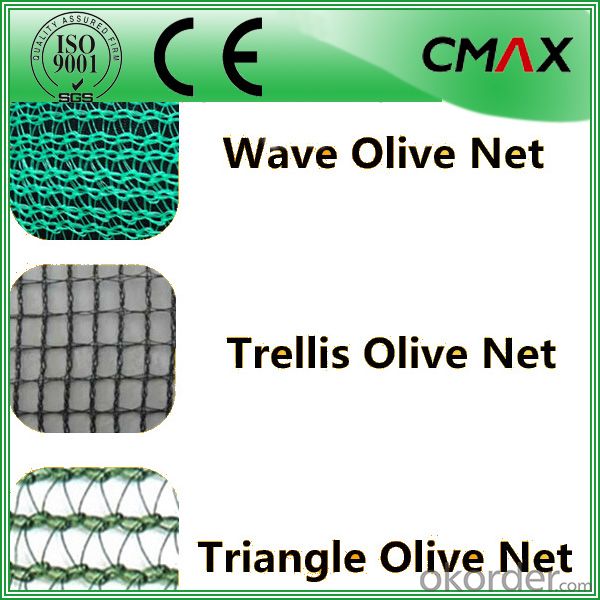
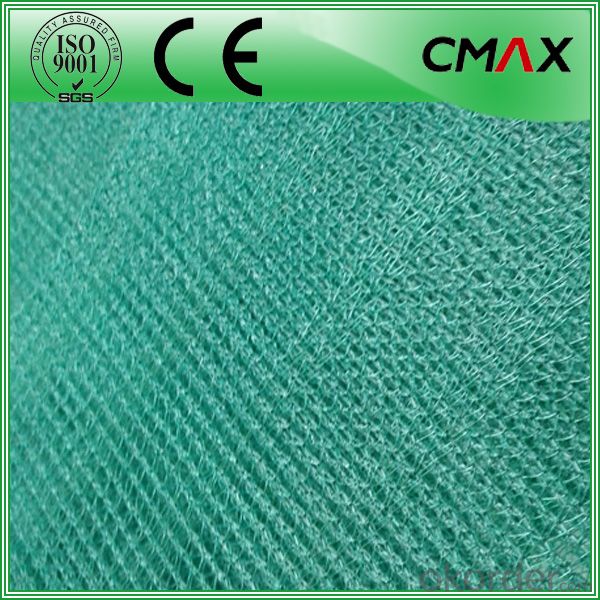
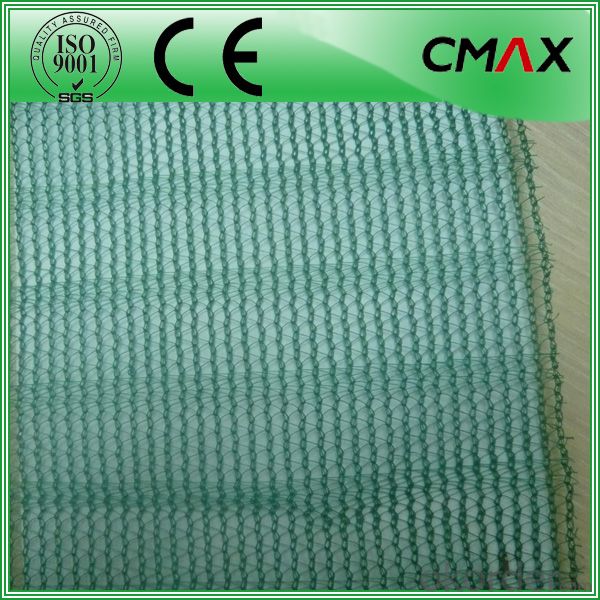
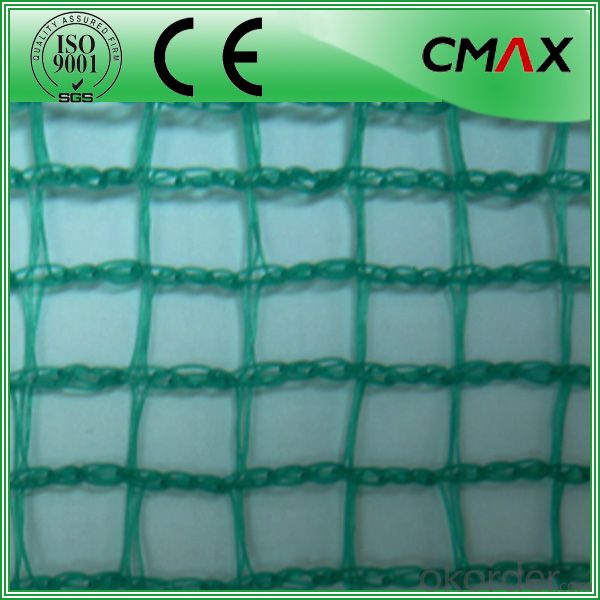
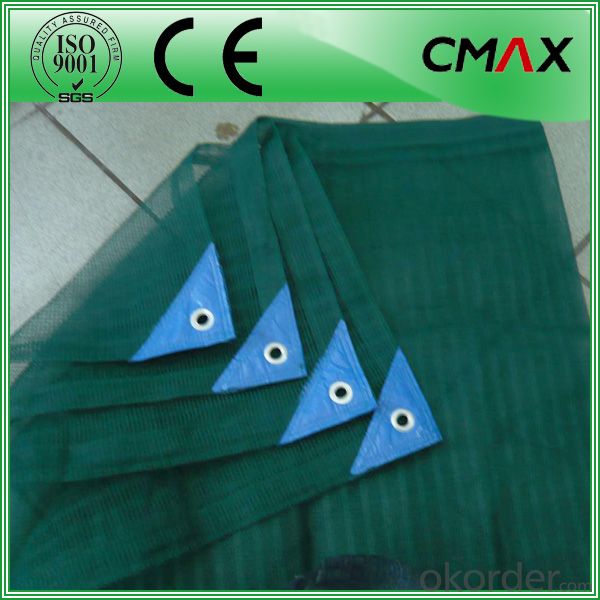
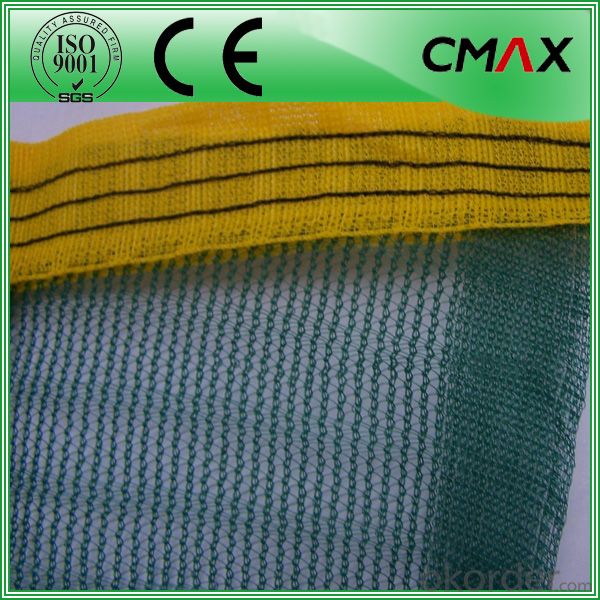
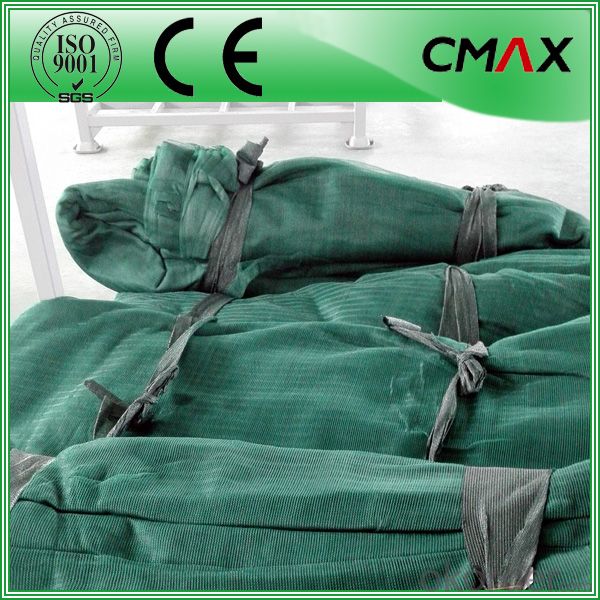
Process:
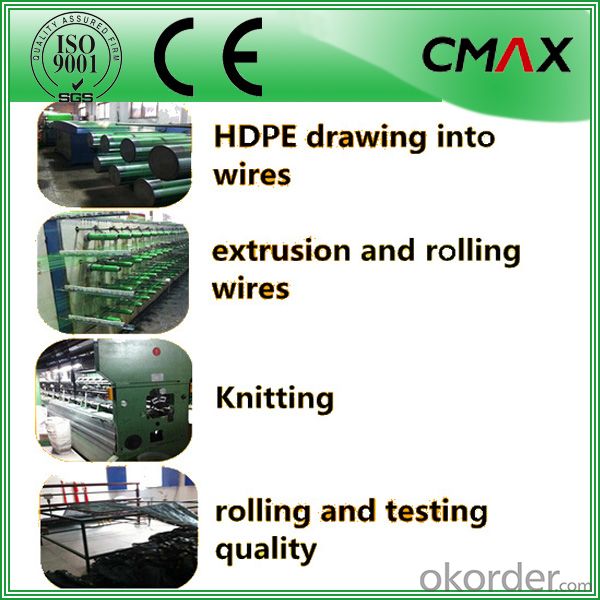
Shipping&Packing:
Delivery Time: 20 Working Days After Confirmed P.O.
Packaging: Each piece packed in plastic bag, and several pieces per bale with PP woven bag outside, or in rolls with inner paper tube with plastic bag outside.
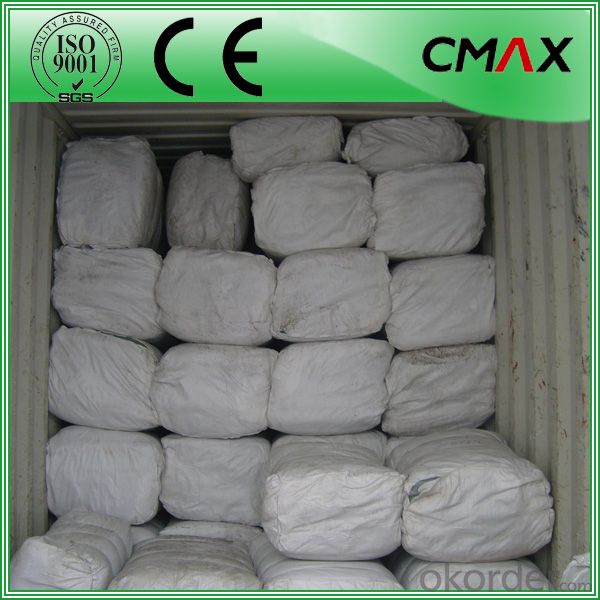
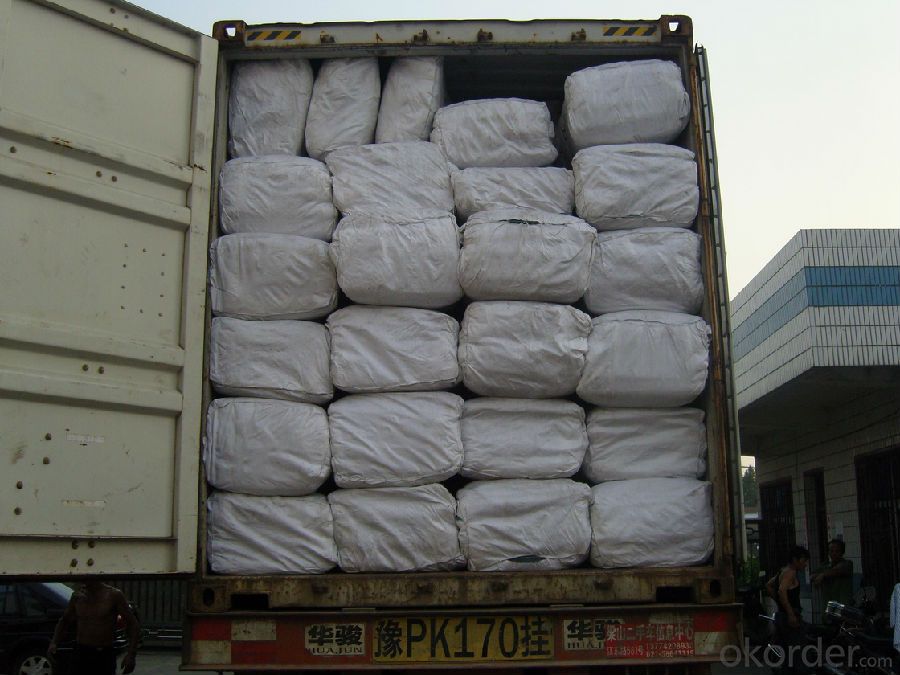
FAQ:
1.Q:Where is your factory located? How can I visit there?
A:Our factory is located in Shanghai, China. You can take flight to Shanghai Hongqiao airport, and 25 mins reach to our factory.
2.Q:What is the material of your products?
A: We use the raw material of High Density Polyethylene (HDPE) with UV Stabilized & Igranox to make our netting
3.Q:How does your factory do regarding quality control?
A: we are very proud to let you know that , We use the best raw material , have at least 5years experienced workers,
the advanced machine and specialized team to assure the quality
We perform Quality Control inspections on 100% of our products.
Our inspection standards are strictly in accordance with the ISO9001 certification system.
- Q: How are agricultural plastic products used in farming?
- Agricultural plastic products are used in farming for various purposes such as mulching, greenhouse coverings, irrigation systems, seedling trays, and silage storage. They help improve crop yields, control weeds, conserve water, protect plants from pests and extreme weather conditions, and preserve harvested crops.
- Q: How are plastic livestock tags used in agriculture?
- Plastic livestock tags are used in agriculture to identify and track individual animals. These tags are attached to the animals' ears and contain information such as the owner's contact details, identification numbers, and other relevant data. This helps farmers keep records, manage breeding programs, monitor health and medication history, and track the movements of their livestock. It also facilitates traceability in the food supply chain and plays a crucial role in animal health and disease control measures.
- Q: Do nursery trays come with a water reservoir system?
- No, nursery trays typically do not come with a water reservoir system.
- Q: Do nursery trays come with a transparent cover for controlled humidity levels?
- Yes, nursery trays often come with a transparent cover to help maintain controlled humidity levels.
- Q: How do you choose ground cover that tolerates drought conditions?
- When choosing ground cover that tolerates drought conditions, it is important to consider factors such as the plant's water requirements, heat tolerance, and ability to survive with minimal watering. Look for native or drought-tolerant species that have adaptations like deep root systems or succulent leaves to retain moisture. Research the plant's specific needs and characteristics, and consult with local experts or nurseries for recommendations that are suitable for your region's climate and soil conditions.
- Q: What are the potential long-term effects of using agricultural plastic products?
- The potential long-term effects of using agricultural plastic products include environmental pollution, soil degradation, and negative impacts on wildlife. Plastic products used in agriculture can contribute to the accumulation of plastic waste in the environment, leading to pollution of water bodies and landfills. The degradation of plastic can also release harmful chemicals, further contaminating the soil and water. Additionally, plastic waste can entangle or be ingested by animals, causing injury or death. These long-term effects highlight the need for sustainable alternatives in agriculture to minimize plastic usage and its detrimental consequences.
- Q: ....for her fake plastic rubber plant, in her fake plastic earth...
- Fake Plastics Trees - Radiohead Fake Plastic Trees Lyrics Artist(Band):Radiohead Review The Song (18) Print the Lyrics Send Radiohead polyphonic ringtone to your cell phone Her Green plastic watering can For her fake Chinese rubber plant In the fake plastic earth. That she bought from a rubber man In a town full of rubber plans. to get rid of itself. And It Wears Her Out, it wears her out It wears her out, it wears her out. She lives with a broken man A cracked polystyrene man Who just crumbles and burns. He used to do surgery For girls in the eighties But gravity always wins. And It Wears Him Out, it wears him out It wears him out, it wears him out. She looks like the real thing She tastes like the real thing My Fake Plastic Love. But I can't help the feeling I could blow through the ceiling If I just turn and run And It Wears Me Out, it wears me out It wears me out, it wears me out. And if I could BE who you wanted If I could BE who you wanted, All the time, all the time, ohhh... ohh...
- Q: Can agricultural plastic products be used for fencing?
- Yes, agricultural plastic products can be used for fencing. They are commonly used in agricultural settings as they are durable, cost-effective, and resistant to weather conditions. Agricultural plastic products such as mesh, netting, or plastic posts can be used to create fences for livestock, crop protection, or to establish property boundaries.
- Q: Can nursery trays be used for orchid propagation?
- Yes, nursery trays can be used for orchid propagation. They provide a suitable and convenient container for starting orchid seeds or propagating orchid cuttings. Nursery trays allow for proper drainage and provide a controlled environment for the young orchids to develop and grow.
- Q: Hello i want to make something from plastic, I will need something like a form for it, got a suggestion on how to make it and from what to make it? the dimensions of the thing will be like 20cm x 10cm x 3 cm it will actually be a blade for my floor ball stick. i will also need plastic for it so suggest me where to buy and which or which one could i re-use something like the plastic bottles. gt;D thanks in advance
- formed plastic is made from high heat and high pressure...the plastic is usually melted in a controlled way so it does not burn. Industry starts with uniform pellets which are then melted into a very thick medium. HIgh pressure air is usually used and is also warmed too to add to the molding effect. Molds are made out of Aluminum or steel alloys. They usually make a mold from solid aluminum, precisely grinding out the image into the aluminum, then one or more blow holes are added in both halves of the mold. THe mold is made into 2 pieces, halves, which will come apart easily too. THe temperatures that they deal with are between 500 and 1000 Fahrenheit, depending on the type of plastic....greater than that would cause burning. So if you have 5000 to 50000 laying around to invest into a blow molding machine then youcan do this. BUT...I would strongly suggest you forget about plastic and go with Fiberglas instead. Any marine or autobody shop or auto supply will have the materials. You'll also need an Organic filter mask, very good safety glasses, and thick plastic gloves or neoprene gloves. Make your mold out of wood and if for fiberglas then make the wood mold so that the fiberglas liquid does not escape., then pour the fiberglas mixture OR spread bondo over the wood around the mold. use the fiberglas strengthening tape or lath to reinforce the fiberglas or bondo. Then after 24 hours...remove the mold and carefully sand around it to smooth out the edges. Fiberglas or Bondo is much easier than plastic.
Send your message to us
Agriculture HDPE Plastic Olive Tree Harvest Net
- Loading Port:
- Wenzhou
- Payment Terms:
- TT OR LC
- Min Order Qty:
- 300 m²
- Supply Capability:
- 1000000 m²/month
OKorder Service Pledge
OKorder Financial Service
Similar products
Hot products
Hot Searches
Related keywords
